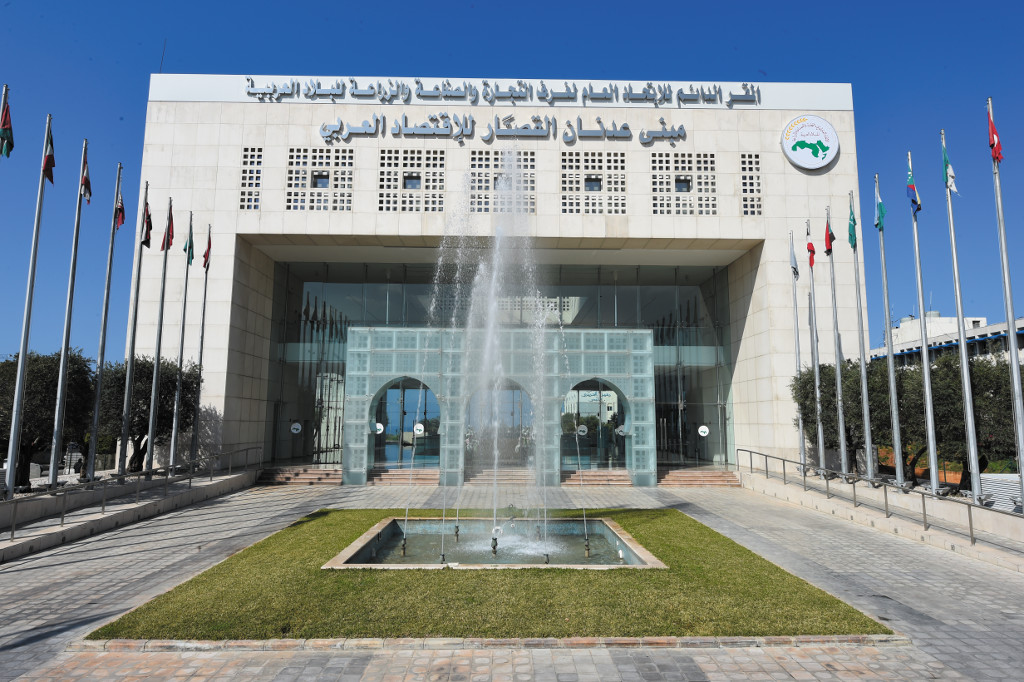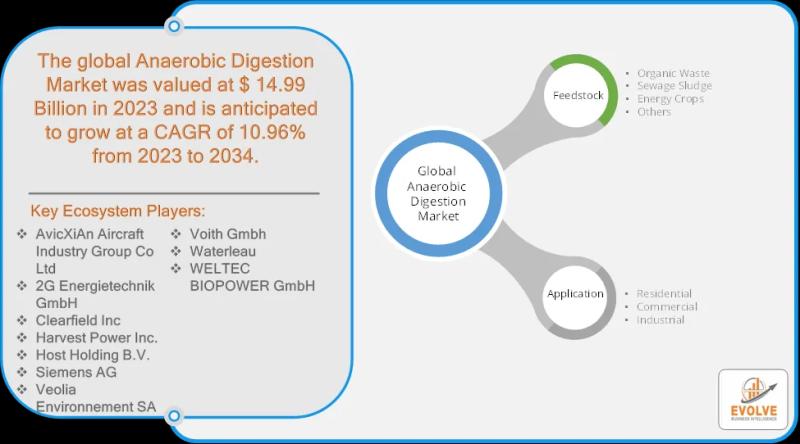UNION OF ARAB CHAMBERS – | اتحاد الغرف العربية

Establishment and Mandate of the Union of Arab Chambers (UAC)
The Union of Arab Chambers (UAC) was established as a foundational non-governmental institution with the primary objective of advancing Arab economic development through regional cooperation. Its creation was driven by the recognition among Arab business leaders that collaborative efforts are essential to achieving sustainable economic progress and integration across the region.
Foundational History
- May 8, 1951: The decision to establish the General Union of Chambers of Commerce, Industry & Agriculture of the Arab Countries was made during a conference in Alexandria.
- December 16, 1951: The Union’s statute was delivered, and its official foundation was announced in Beirut, which was designated as the permanent location for its General Secretariat.
- March 26, 2016: The organization’s name was formally modified to the “Union of Arab Chambers” (UAC) during the 120th Session of the Union’s Council in Muscat, Oman.
Organizational Status
- An independent, non-governmental organization (NGO).
- A non-profit, regional legal entity.
- The first Arab economic institution operating at a non-governmental level to promote economic integration.
Alignment with Sustainable Development Goals (SDGs)
The UAC’s mission and activities are intrinsically linked to the United Nations Sustainable Development Goals (SDGs). By promoting economic unity and cooperation, the Union serves as a critical vehicle for achieving sustainable development targets throughout the Arab world.
Fostering Economic Growth and Decent Work (SDG 8)
The UAC’s core mandate directly supports the objectives of SDG 8. By consistently advocating for the establishment of a Common Arab Market and promoting cross-border trade and investment, the Union actively works to create an environment conducive to sustained, inclusive, and sustainable economic growth, full and productive employment, and decent work for all.
Promoting Industry, Innovation, and Partnership (SDG 9 & SDG 17)
As a regional partnership of chambers of commerce, industry, and agriculture, the UAC embodies the spirit of SDG 17 (Partnerships for the Goals). It functions as a vital platform for collaboration to achieve shared economic objectives. This partnership is instrumental in advancing SDG 9 (Industry, Innovation, and Infrastructure) by:
- Enhancing cooperation to build resilient infrastructure.
- Promoting inclusive and sustainable industrialization.
- Facilitating investment and fostering innovation across key economic sectors.
Advancing Broader Development Objectives
The UAC’s role in developing principles for Arab Economic Unity has a cascading effect on other critical SDGs. Its efforts to strengthen the agricultural sector contribute to food security (SDG 2: Zero Hunger), while the overall goal of economic prosperity is fundamental to poverty reduction (SDG 1: No Poverty) in the region.
SDGs Addressed in the Article
Detailed Analysis
- SDG 8: Decent Work and Economic Growth – The article directly connects to this goal through its central theme of economic development. The Union of Arab Chambers (UAC) was founded with the primary motive of using “regional cooperation as a tool to advance the Arab Economic Development.” Its work focuses on promoting “trade cooperation” and achieving “Economic Unity between the Arab Countries,” which are fundamental aspects of fostering sustained and inclusive economic growth.
- SDG 17: Partnerships for the Goals – This goal is fundamentally embodied by the UAC itself. The article describes the Union as a “non-governmental, non-profit regional legal entity” created to “promote the idea of economic cooperation and integration among the Arab Countries.” This represents a multi-stakeholder, regional partnership (South-South cooperation) aimed at achieving common economic goals, which is the core principle of SDG 17.
- SDG 9: Industry, Innovation and Infrastructure – The original name of the organization, “General Union of Chambers of Commerce, Industry & Agriculture of the Arab Countries,” explicitly includes “Industry.” This indicates a focus on fostering industrial sectors as a key component of economic development, which aligns with the goal of building resilient infrastructure, promoting inclusive and sustainable industrialization, and fostering innovation.
Specific SDG Targets Identified
Detailed Analysis
- Target 8.1: Sustain per capita economic growth. The article’s statement that the UAC’s main motive is to “advance the Arab Economic Development” directly supports this target of achieving sustained economic growth within the region.
- Target 8.a: Increase Aid for Trade support. While the UAC is not an “aid” organization, its role in “promoting the trade cooperation between the Arab Countries at the levels of commerce and investment” and its call for a “Common Arab Market” align with the spirit of this target, which is to build trade capacity and facilitate market access.
- Target 17.10: Promote a universal, rules-based, open, non-discriminatory and equitable multilateral trading system. The Union’s call “for the foundation of the Common Arab Market” is a regional effort to create a more integrated and rules-based trading system, which can be seen as a building block for a broader multilateral system.
- Target 17.13: Enhance global macroeconomic stability, including through policy coordination and policy coherence. The UAC’s work towards “developing the general principles that should be implemented in order to achieve Economic Unity between the Arab Countries” is a clear example of regional policy coordination aimed at achieving macroeconomic coherence and stability.
- Target 17.16: Enhance the Global Partnership for Sustainable Development, complemented by multi-stakeholder partnerships. The UAC itself is a manifestation of this target. As a “non-governmental” entity representing “Chambers of Commerce, Industry & Agriculture,” it is a multi-stakeholder partnership that mobilizes private sector and institutional resources to achieve shared development goals.
Indicators for Measuring Progress
Detailed Analysis
The article does not mention any explicit quantitative indicators. However, based on the stated goals and activities of the Union of Arab Chambers, several indicators are implied for measuring progress towards the identified targets:
- (Implied) Indicator for Target 8.1: The rate of economic growth in the Arab region. The success of the UAC’s mission to “advance the Arab Economic Development” could be measured by the annual growth rate of real GDP across its member countries.
- (Implied) Indicator for Target 8.a: Volume of intra-Arab trade and investment. Progress in “promoting the trade cooperation between the Arab Countries at the levels of commerce and investment” can be directly measured by tracking the value and volume of trade and investment flows between these nations.
- (Implied) Indicator for Target 17.10: Progress towards the establishment of the “Common Arab Market.” This could be measured by the number of agreements signed, tariffs reduced, and non-tariff barriers removed among member countries as steps towards this goal.
- (Implied) Indicator for Target 17.13: Development and adoption of common principles for economic unity. The creation and implementation of the “general principles… to achieve Economic Unity” mentioned in the article would serve as a key indicator of progress in policy coordination.
Summary Table of SDGs, Targets, and Indicators
| SDGs | Targets | Indicators |
|---|---|---|
| SDG 8: Decent Work and Economic Growth | 8.1: Sustain per capita economic growth. 8.a: Increase Aid for Trade support. |
(Implied) Rate of economic growth in the Arab region. (Implied) Volume of intra-Arab trade and investment. |
| SDG 9: Industry, Innovation and Infrastructure | Focus on “Industry” as a pillar of economic development. | (Implied) Growth and diversification of the industrial sector in Arab countries. |
| SDG 17: Partnerships for the Goals | 17.10: Promote a multilateral trading system. 17.13: Enhance macroeconomic stability through policy coordination. 17.16: Enhance multi-stakeholder partnerships. |
(Implied) Progress towards the establishment of the “Common Arab Market.” (Implied) Adoption of common principles for “Economic Unity.” (Implied) The continued operation and influence of the UAC as a regional partnership. |
Source: uac-org.org
What is Your Reaction?
 Like
0
Like
0
 Dislike
0
Dislike
0
 Love
0
Love
0
 Funny
0
Funny
0
 Angry
0
Angry
0
 Sad
0
Sad
0
 Wow
0
Wow
0













































































